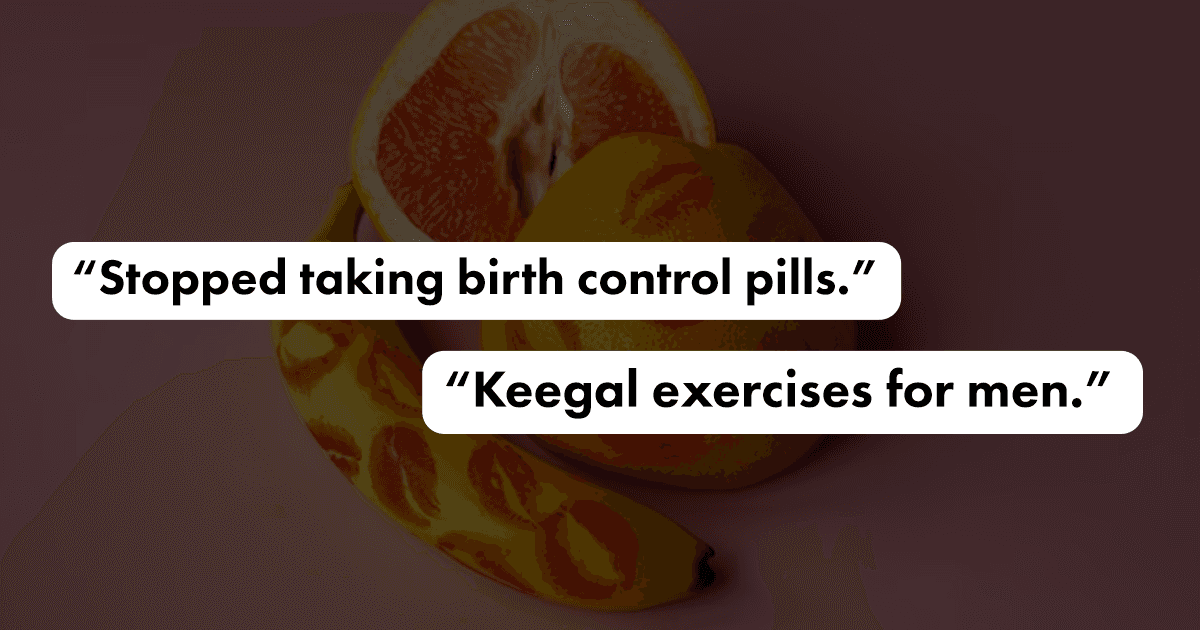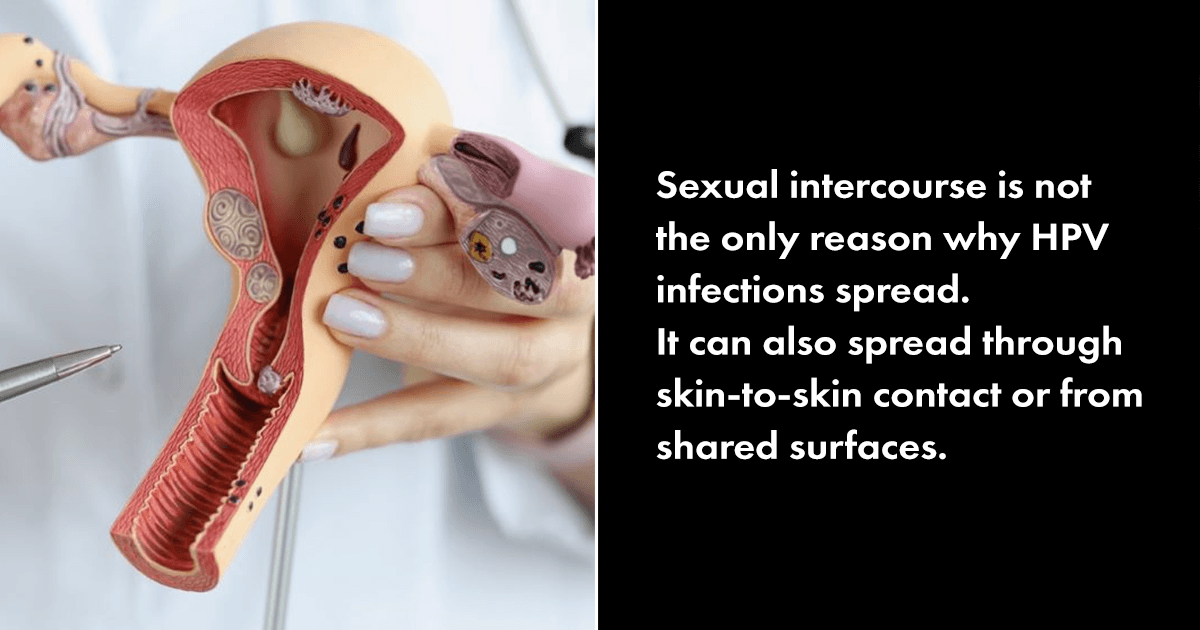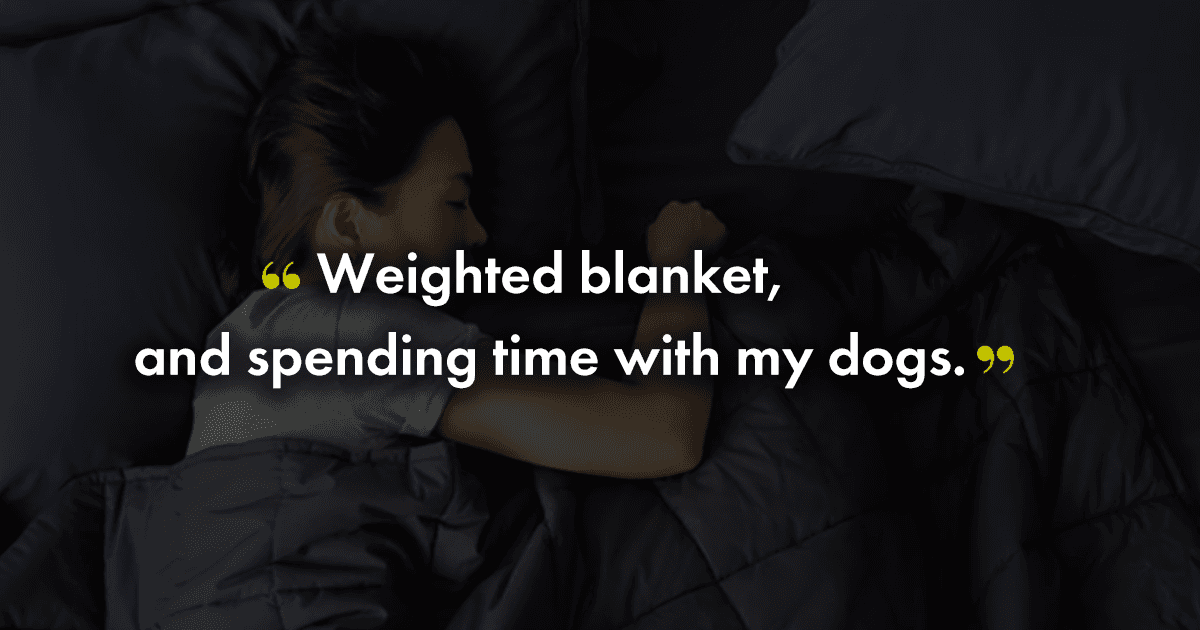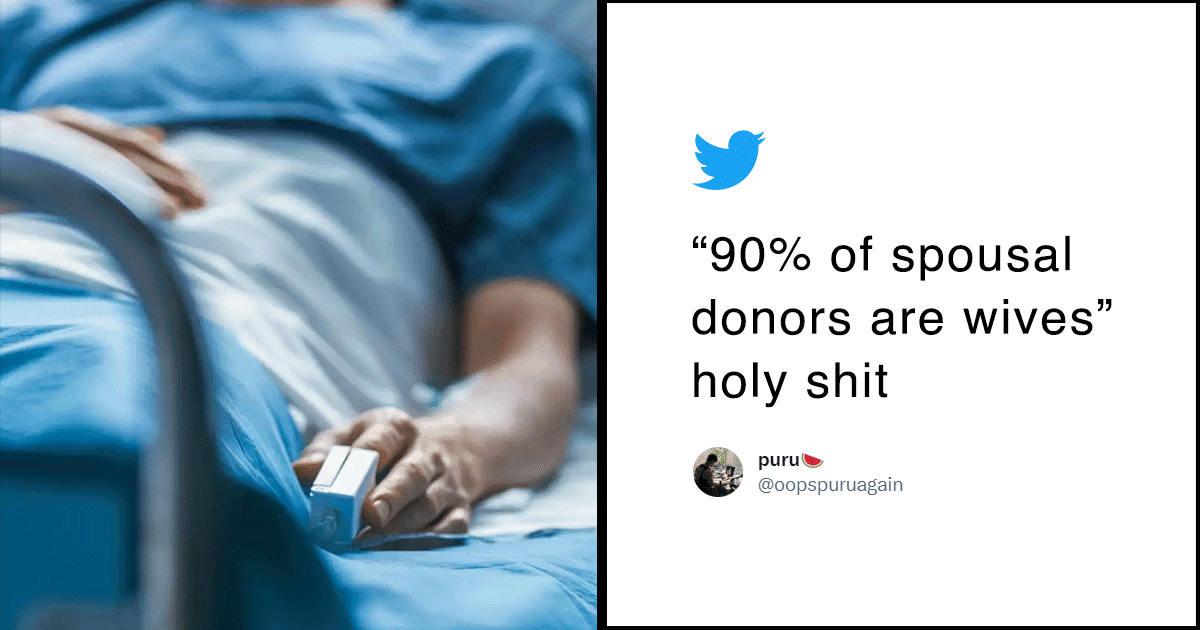According to the World Health Organization (WHO), one in every eight individuals suffers from a mental illness, including anxiety, depression, Schizophrenia, and PTSD. In 2019, 301 million people were living with an anxiety disorder, and 58 million of them were children and adolescents.
Healthline defines anxiety as an intense feeling of fear and apprehension about what’s about to come. It’s the body’s response to stress. It can be of different types, like generalised anxiety disorder, social anxiety disorder, and panic anxiety disorder, among others. Its common symptoms include rapid breaths, difficulty concentrating, fatigue, trembling, and sweating.

While the success rate of anti-anxiety medications remains low, researchers at the Universities of Bristol and Exeter have discovered the gene responsible for anxious feelings and a possible way to mitigate it.
The research published in Nature Communications investigated inhibited male mice, restrained for over six hours to evoke a stress response, and analysed a molecule called miR-483-5p in the amygdala region of the brain. In humans, the amygdala is primarily associated with emotions.
On further research, they found a molecule called miR-483-5p reached the highest levels, and it helped overpower the expression of another gene, Pgap2. This appeared to enable relief from stress and alleviate anxiety.

“While low levels of stress are counterbalanced by the natural capacity of the brain to adjust, severe or prolonged traumatic experiences can overcome the protective mechanisms of stress resilience, leading to the development of pathological conditions such as depression or anxiety,” noted Dr Valentina Mosienko, one of the research’s co-lead authors, in a statement, reported SciTechDaily.
This could be a landmark discovery, given there’s an ardent need for more effective anti-anxiety measures. What are your thoughts on this?

















